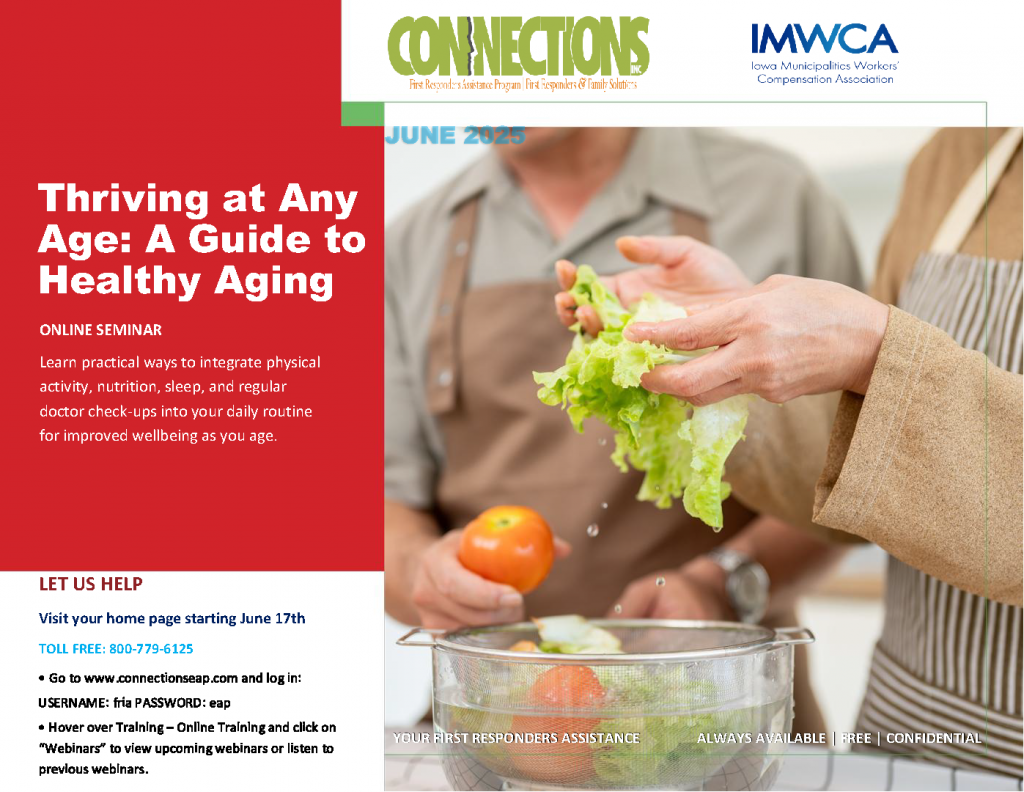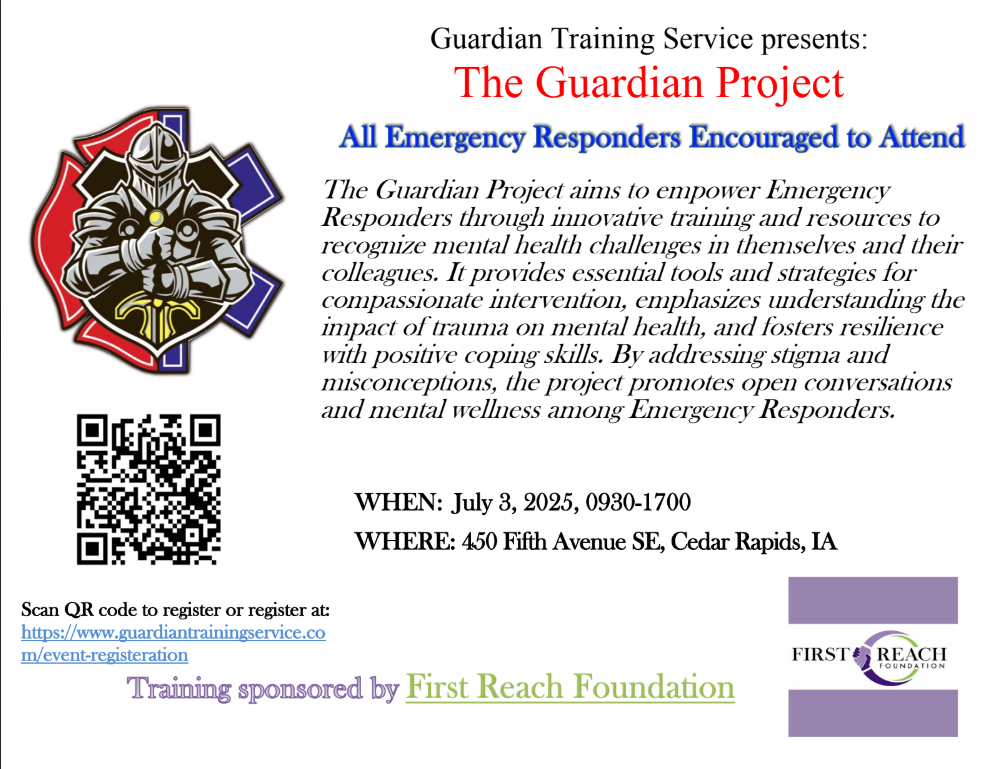
The summer season is now upon us. This brings the opportunity to spend more time outdoors, both at work and at home. Summer also brings warmer temperatures that can become extreme at times. During extreme summer temperatures and high humidity situations, it is imperative that you take precautions to protect yourself against heat illnesses.
There are four types of heat illness. In order of increasing severity (including symptoms):
Heat Rash:
Clusters of red bumps on skin. Often appears on neck, upper chest, and skin folds
Heat Cramps:
Muscle spasms or pain. Usually in legs, arms, or trunk
Heat Exhaustion:
- Fatigue
- Irritability
- Thirst
- Nausea or vomiting
- Dizziness or lightheadedness
- Heavy sweating
- Elevated body temperature or fast heart rate
Heat Stroke:
- Confusion
- Slurred speech
- Unconsciousness
- Seizures
- Heavy sweating or hot, dry skin
- Very high body temperature
- Rapid heartrate
Note that both Heat exhaustion and heat stroke can result in loss of consciousness and may lead to life-threatening situations.
Prompt intervention and providing of first aid and/or medical care are critical.
The IMWCA provides a model program to assist its members with developing a program to address heat illness prevention.
If a member needs additional assistance or guidance on this topic, they are encouraged to contact their IMWCA safety and risk improvement adviser.
No Room for Horseplay on the Job

While horseplay might seem like harmless fun or a way to blow off steam, it can lead to serious consequences in the workplace. When employees engage in or initiate horseplay and an injury occurs, that injury is typically not compensable under workers’ compensation. Participating in horseplay removes an employee from the course and scope of their employment.
Horseplay creates unnecessary risks. Running, chasing, or goofing around can easily result in slips, trips, falls, and other preventable accidents. When employees aren’t focused on their tasks, they’re less likely to recognize hazards until it’s too late. Injuring yourself—or someone else—through horseplay doesn’t just cause physical harm, it also brings regret and embarrassment.
A high number of horseplay-related claims come from seasonal staff or summer help, particularly from pool facilities. These claims are preventable. That’s why it’s critical to set clear expectations from day one: horseplay will not be tolerated, and there will be consequences for unsafe behavior.
Strong supervision and consistent communication are the best ways to prevent horseplay injuries. Make sure all employees understand that safety always comes first.
IMWCA Updates:
Our office will be closed on Thursday, June 19, in observance of Juneteenth National Independence Day.
If you have a Human Resources question, please contact Dean Schade during our transition. He will assist you or guide you to the appropriate resources.

Make Assigning Training
Easier with LEARNING
LEARNING (formerly LEARN) offers a simple, efficient way to group courses together, making assigning multiple trainings at once easier. For example, if you assign the same courses to every new hire, you can create an onboarding learning plan. When the employee has an email address, you can assign the plan, setting clear expectations from day one.
This tool is also ideal for annual or recurring training. If there are courses you assign every year, take a few extra minutes to group them now and reuse that plan moving forward. Even biennial trainings can be managed the same way.
LEARNING also tracks each employee’s progress. With just one report, you’ll know who’s completed their requirements and who still has training to do.






